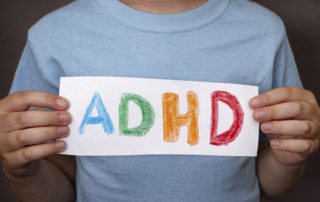Microbial Imbalances
This is not a comprehensive list, simply some articles I have found along the way. “High levels of glutamate may increase the survival of unfriendly microbes in the gut and contribute to problems like excess acid and heartburn.” (http://www.holistichelp.net/blog/how-to-increase-gaba-and-balance-glutamate/) “Additionally, Candida produces a toxin called beta alanine that competes with taurine for reabsorption in the kidney, and causes taurine to be wasted in the kidneys and excreted through the urine and beta alanine is absorbed instead. Therefore, taurine levels may be insufficient, which can contribute to less GABA activity. Not only that, taurine can combine with [...]










